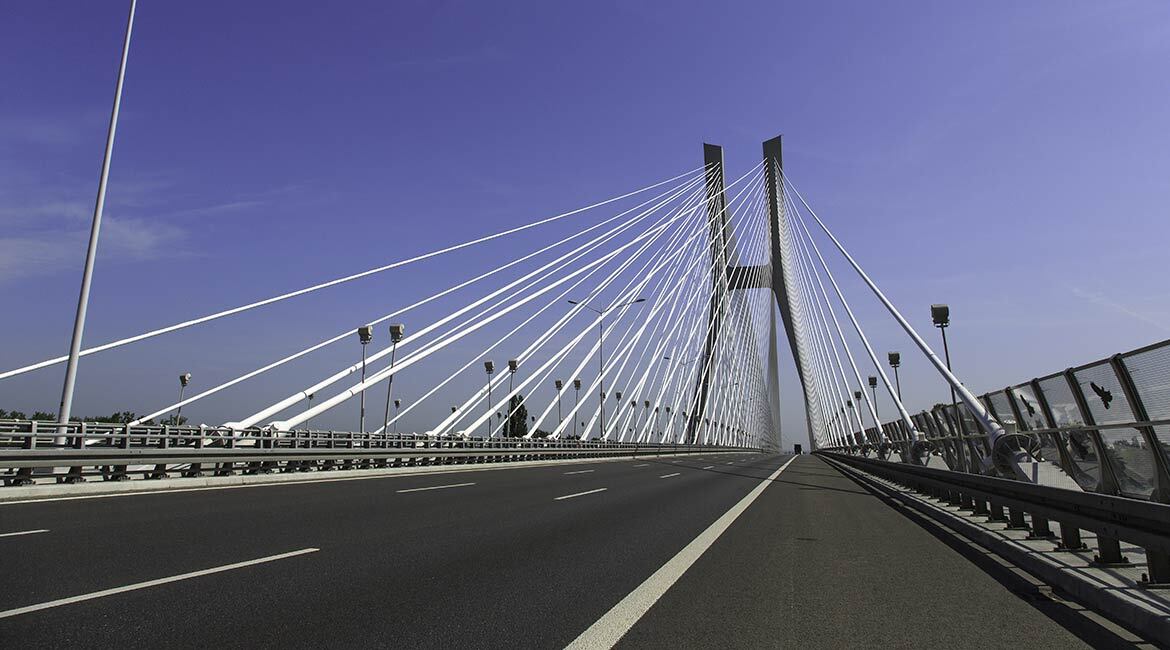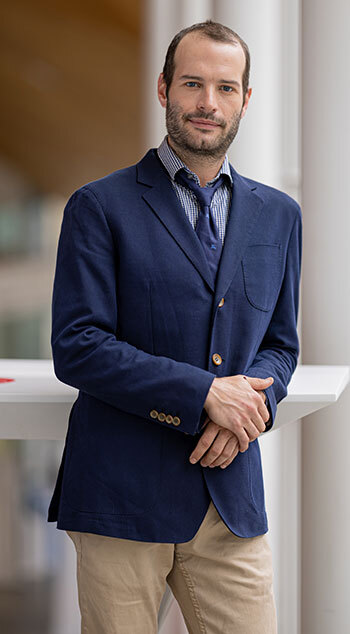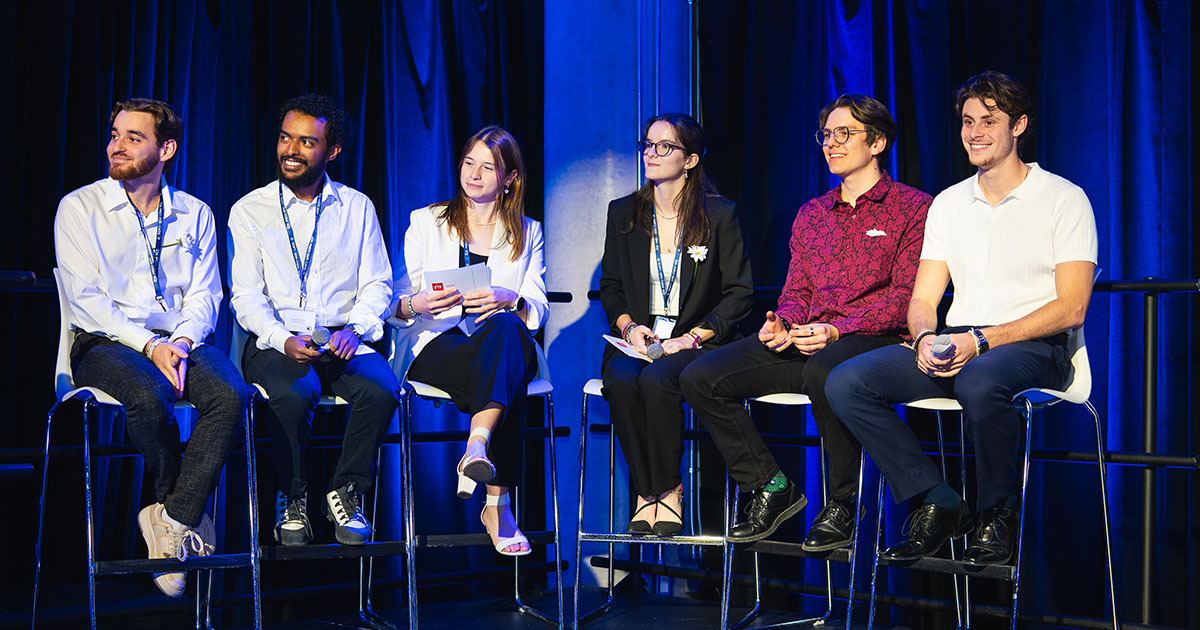
For the construction industry, planning major projects in Québec and other regions of the world is a colossal challenge in terms of cost control. “Yet the United Kingdom, Australia and New Zealand are countries pioneering in the adoption of alliance contracts,” explains Gabriel Jobidon, Assistant Professor in the Construction Engineering Department at ÉTS.
The traditional way of doing things favours working in silos. The companies involved develop the plans and then pass them on to the contractor, who, in turn, calls on various subcontractors and suppliers to carry out the remaining stages in succession. If anything goes wrong, who’s to blame? Everyone passes the buck.
On the other hand, an alliance formula—or integrated project management—unites owners, professionals and contractors in a shared contract to carry out the project. Implementation, risks and benefits are shared between partners, eliminating the blame culture.
Together, the stakeholders agree on a target price, which includes a dedicated envelope for risks and contingencies. Should the actual price be lower than the target price, the additional profits will be shared between the parties. If the actual price is higher, losses will be shouldered collectively. “It’s an incentive to get the job done right without paying extra,” says Professor Jobidon.
Gabriel Jobidon specializes in tender procedures, namely in the field of collaborative contracts. His area of expertise also covers sustainable development and the implementation of resilient infrastructures.
A Winding Academic Path

Nothing predestinated young Gabriel to the field of law. His interests were more in music and literature. “I had a love-hate relationship with law throughout my studies,” he admits. He completed a bachelor’s degree in law and then a master’s in business administration at Sherbrooke University. Feeling a little cramped in this austere world, Gabriel switched to a master’s in Environmental Management at the same university.
At that time, Gabriel learned that the Industrial Research Chair on Eco-Responsible Wood Construction at Laval University had an opening for a Ph.D. student specializing in environmental law and management. “My goodness, what were the chances that they would be on the lookout for someone with exactly my profile!” wondered Gabriel.
His meeting with Pierre Lemieux, dean of the Faculty of Law—and his future thesis advisor—proved decisive for Gabriel. “Professor Lemieux was the first to support my efforts to decompartmentalize law in research,” says Gabriel. He also paved the way for the student by offering him lectures and facilitating research contracts. Having earned his PhD in law from Laval University in 2022, Gabriel was more convinced than ever of the need for integrated production in major infrastructure projects.
He had been teaching for several years, first at the Séminaire de Sherbrooke and then at Laval University when he accepted the position of Assistant Professor at ÉTS in the Construction Engineering Department.
Choosing ÉTS and Broadening His Horizons
His dual field of expertise allows him to sensitize future engineers to the legal framework of their activities and the environmental aspects of climate change.
The construction sector is facing complex problems. “If we want large-scale projects to advance, we must find innovative ways of sharing risks. And trust between the parties is the very foundation of this evolution,” concludes Gabriel Jobidon.



